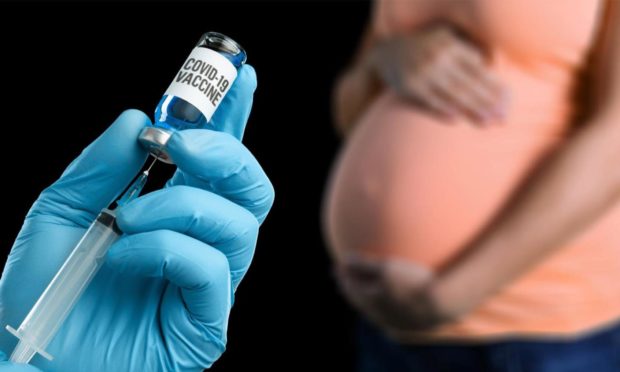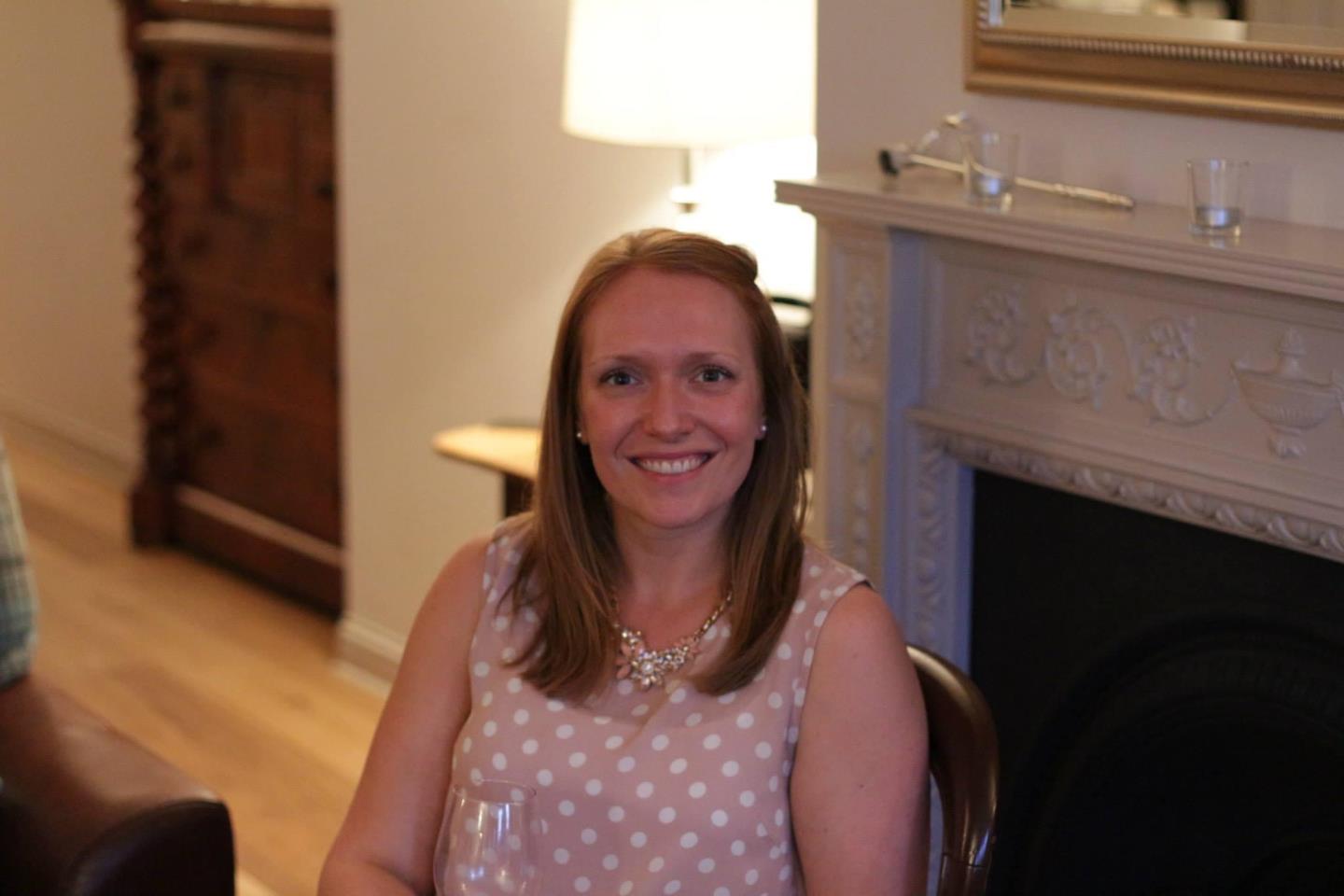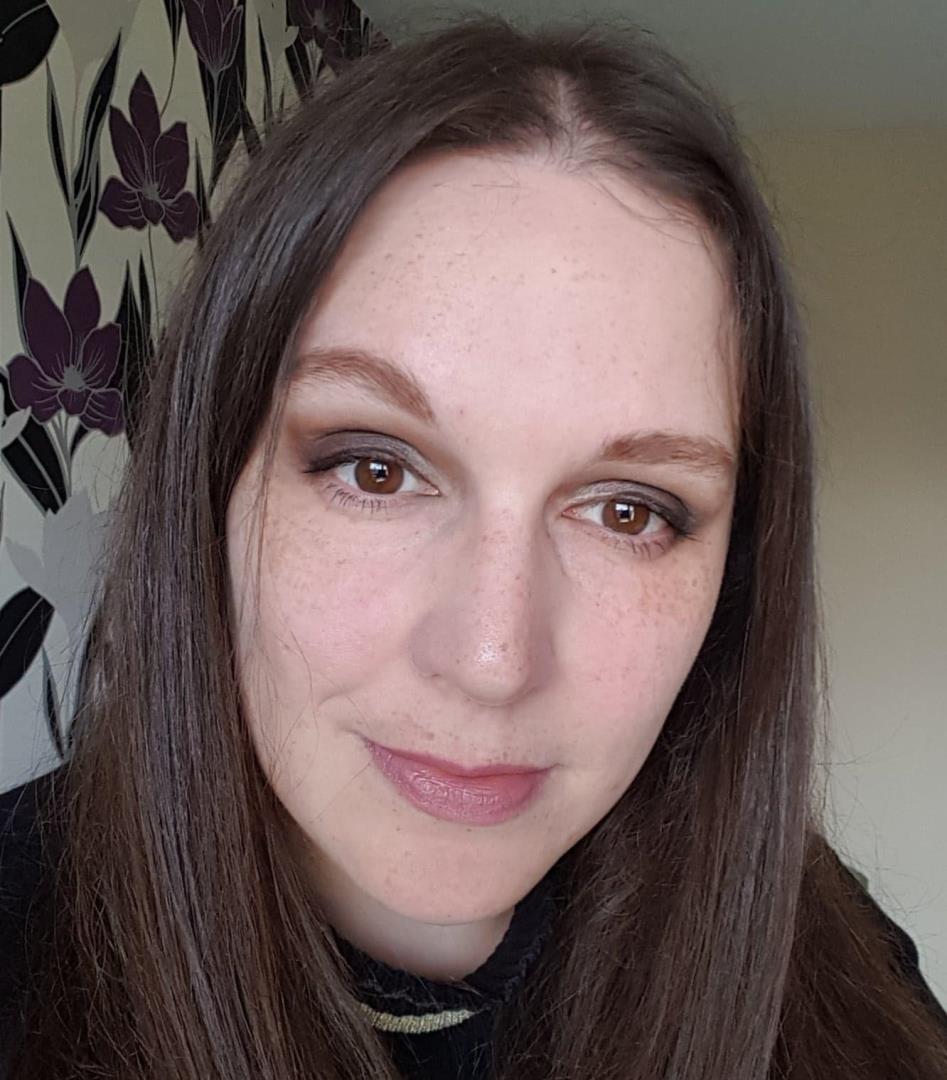Pregnant women have told of how they’ve “never been so torn” about a decision after UK advice on Covid-19 vaccines changed.
Previously, only high-risk expectant mothers were told to get the jab, however, the Joint Committee for Vaccination and Immunisation (JCVI) now says it should be available to every pregnant woman.
But the change in guidance has sparked concern from many.
The Royal College of Obstetricians & Gynecologists states some women in their third trimester of pregnancy (over 28 weeks) are at a higher risk of becoming unwell if they contract Covid.
However, the majority of the questions being posted online by mums-to-be and directed to medics revolve around the safety of receiving the vaccine while pregnant, and any potential long-term effects on children.
With the over 30s cohort lining up to get their vaccine, expectant women are now faced with the decision of whether to receive their first dose while pregnant, or wait until after their baby arrives.
Today, two north-east women spoke of the tough choice they’ve had to make while pregnant, and why it is such a “personal decision” to make.
‘I think there are just too many unknowns’
Natalie Wright, 37, of Banchory, is currently 32 weeks pregnant with her second child. She received a blue letter which confirmed her appointment for the Covid vaccine.
However, after much deliberation, the production accountant decided to postpone the jab and wants to wait until after she’s given birth before having her first dose.
“I was in two minds,” explained Natalie. “I’ve decided I’m going to wait until after the baby comes.
“I don’t feel happy enough because they just don’t know if there are any long-term effects which could cause harm to the baby.
“There’s not enough evidence, I don’t think, on the vaccine and how it affects the baby further down the line.
“If I wasn’t pregnant I would have had the vaccine, but I just think the guidance was not to have it for so long, and then all of a sudden they just flipped it and said: ‘No, it’s fine.'”
Natalie added that many of her friends, who are also pregnant, have also chosen to wait until they’ve had their babies before receiving the vaccine.
She said: “The majority of people I’ve spoken to have also said they haven’t gone for one.
“They’re all concerned about what might happen one or two years down the line because, obviously, there hasn’t been any testing on that.
“And there hasn’t been [testing] because there’s not been enough time for that to have happened.
The guidance was not to have it for so long, and then all of a sudden they just flipped it.
“I think there are just too many unknowns.”
Natalie sought out advice from her health care professionals before coming to her decision to wait.
When discussing her choice with her GP and midwife, they both advised her to weigh up the medical guidance and her concerns.
“That was all they really said,” Natalie added. “They recommended it, but they weren’t pushing because it’s a really personal choice. It’s such a hard decision, it really is.
“I have never been so torn about something.”
More in-depth information needed
“More information would be better – but from the likes of journals, actual statistics would be helpful,” suggested Natalie.
“Not that you have to go searching for it, just for it to be there. Because, you know, on the internet you don’t know what’s true.
“You try going through the NHS and they give you the links to the layman’s terms.
“But it doesn’t explain or back up with evidence, like numbers.”
With her decision made, Natalie said she’ll be taking extra precautions from now until her baby her born.
“So, I’ve decided to wait, but I am going to be very careful now,” she said.
“If the numbers keep up, and as I get closer to my due date, I’m going to have to be careful that I don’t get Covid.
“Even now that we can hug, I’m probably not going to be doing that.
“I’ll be keeping up my handwashing, and not going to cafes as much as I maybe would have done before, just to reduce the risk of transmission or potential transmission.”
‘Overall, it was the best thing for me’
Lucy Angel, 38, was 35 weeks into her pregnancy when she booked herself in for the Covid-19 vaccine and received it in May.
The secondary school teacher, from Kemnay, said it was a difficult decision and definitely a personal one.
Lucy, who has since given birth to her second child, had felt quite unwell during her pregnancy and suffered from breathlessness. This played a factor in her decision to have the vaccine while pregnant.
“I was really worried about not being able to breathe properly,” Lucy said.
“I had quite a lot of mixed feelings about it [the vaccine].
“I knew that people who get coronavirus in pregnancy can become very ill.
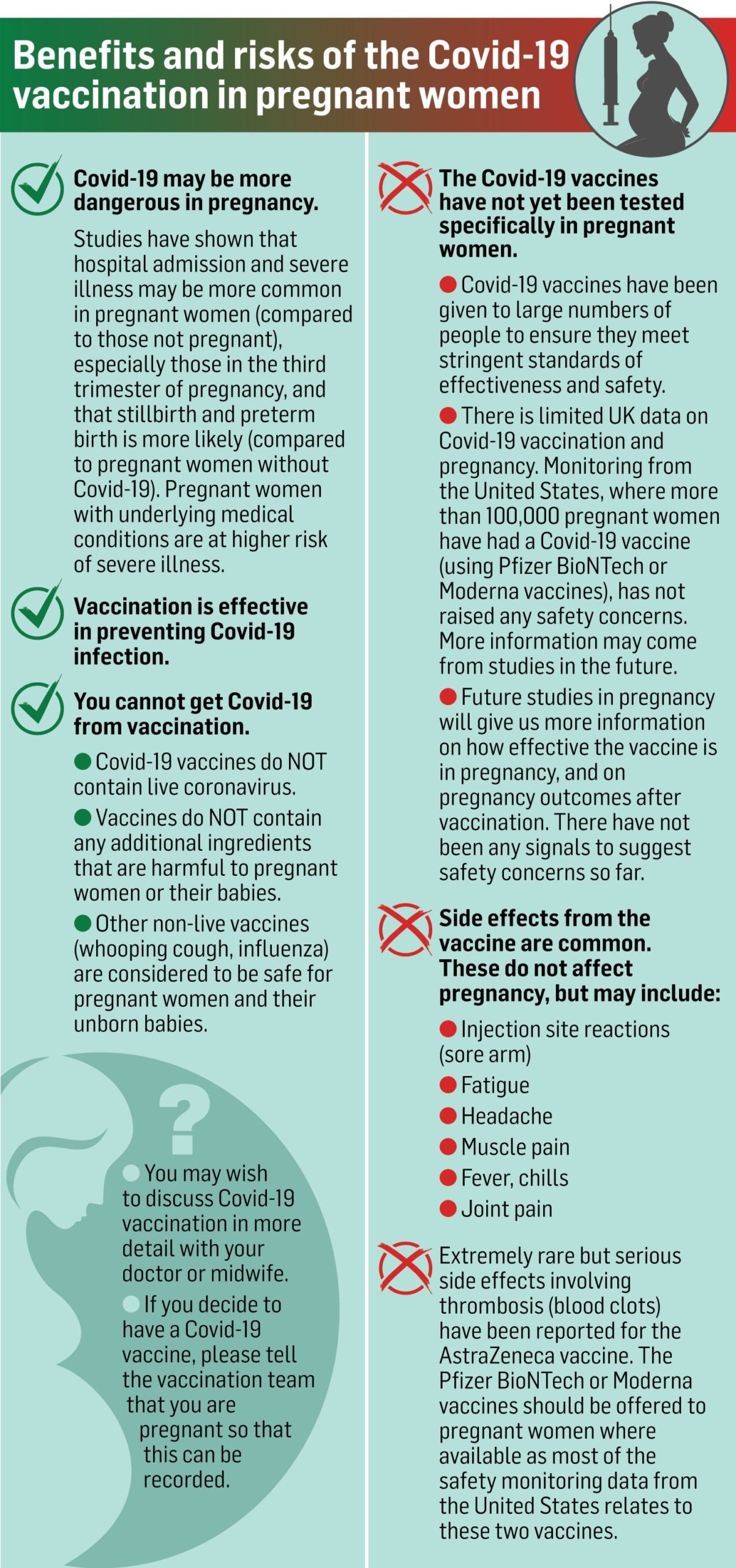
“So, when I was weighing up the two sides I thought actually, there is evidence that getting coronavirus in pregnancy can be very harmful. Whereas there’s no data showing the vaccine can be harmful.
“It felt like a bit of a gamble, but I think it was the right choice.
“It wasn’t something I jumped into – I took a balanced decision.”
Lucy added: “I first heard about it [the change in guidance] when I got a phone call from an obstetrician at Aberdeen Maternity Hospital. The call just came out of the blue.
“The doctor spoke about the vaccine and how they were going to be offering it to pregnant women.
“She didn’t say ‘you should get it’ or ‘you shouldn’t get it’, just that it was going to be offered.”
Concerns around the AstraZeneca vaccine
Previously, there were a small number of reports of some people experiencing blood clots in the days and weeks after having the AstraZeneca Covid vaccination.
The European Medicines Agency (EMA) stressed at the time there was “no indication” that the vaccination had caused the clots.
The UK’s Medicines and Healthcare products Regulatory Agency (MHRA) also said there was no evidence to suggest the vaccine caused blood clot problems, and people should still get their Covid-19 jabs when asked to do so.
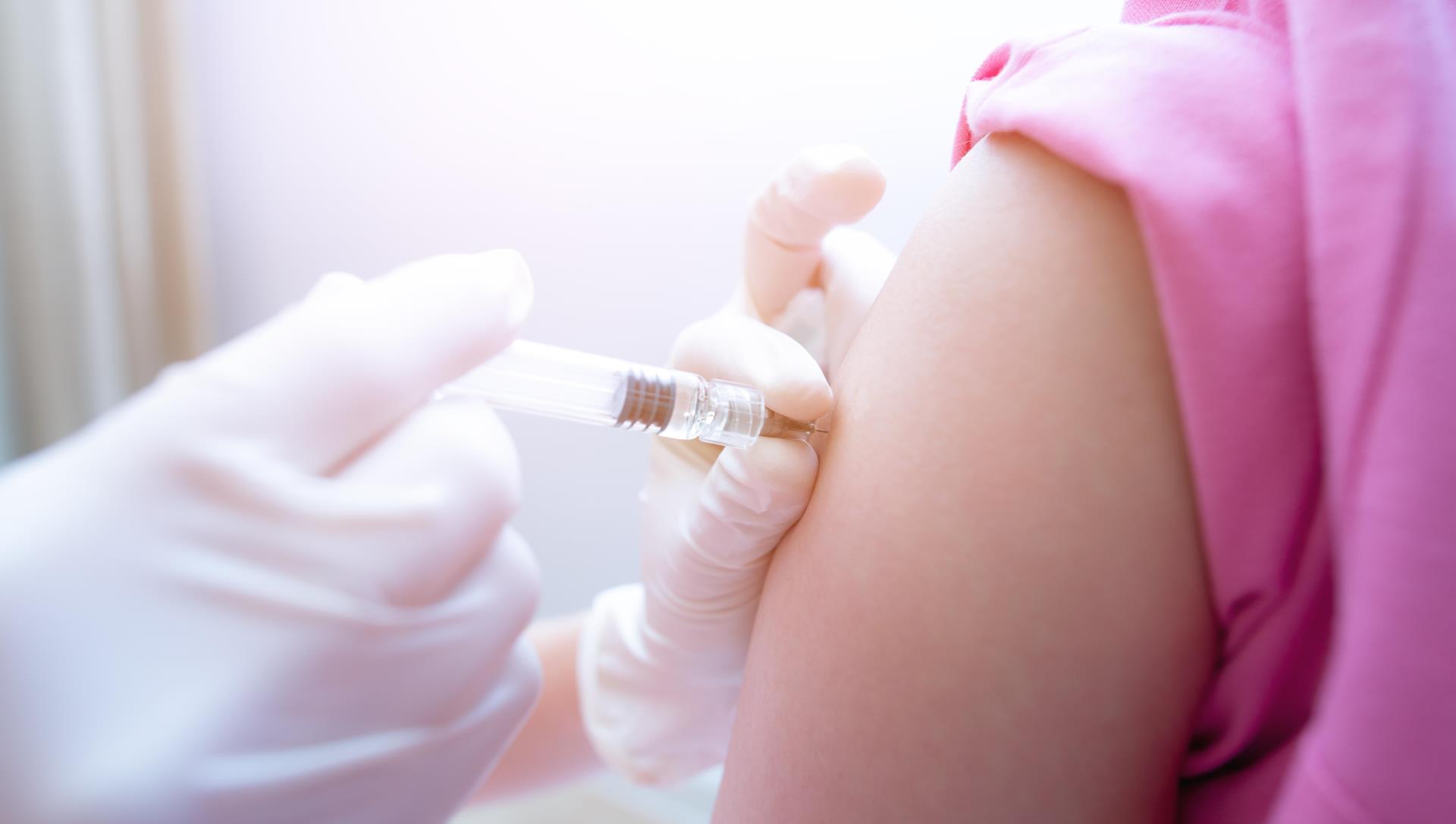
As the reports around the AstraZeneca vaccination were published, concerns around that particular vaccine did cause Lucy some concern and resulted in her deliberating over her decision.
“I thought about it, and then I thought I wouldn’t get the vaccine. Just because the stories were starting to come out,” she said.
“And I thought ‘actually, I’ve been working from home’. I didn’t really feel like my risk was very high.
“And then as time went on, it looked like they were going to offer the Pfizer vaccine instead to pregnant women.
“I felt a bit more comfortable with that.”
Coming to a final decision
Lucy’s health advisors told her the only data they had to go on was that 90,000 women in the US had had the vaccine with no evidence that it caused “particular harm”.
Ultimately, after weighing up both sides, Lucy said she’s glad she had the vaccine.
Besides a sore arm and feeling tired the day after, the mother-of-two felt no other symptoms.
“I still think, overall, it was the best thing for me,” said Lucy.
Guidance for pregnant women
The Royal College of Obstetricians & Gynaecologists (RCOG) has published information to help alleviate some of the worries many pregnant women are experiencing.
It says health experts believe the risk of blood clots and low platelet count following vaccination is “extremely rare”.
Dr Edward Morris, RCOG president, said: “Healthcare professionals offering Covid-19 vaccination should continue to discuss the benefits and risks and this should include discussion of the side-effects.
“For pregnant and postnatal women and for those about to start – or who have started – fertility treatment who are in phase one of the vaccine roll-out, this should include discussion of the different vaccine types available, including the extremely rare adverse thrombotic events.
“The benefit/risk balance may be different for those who are healthy and receiving the vaccine as a health or social care worker, and those at increased risk of Covid-19 complications.
“If a woman chooses to have a particular vaccine, for example, to avoid vaccination with the Oxford AstraZeneca vaccine, then this choice should be facilitated.”
The organisation said it is continuing to monitor updates, and will advise accordingly if further changes are made.
https://www.eveningexpress.co.uk/fp/news/local/qa-answering-questions-on-the-covid-vaccine-and-pregnancy/
